Health And Medicine
-

Hand surgeons scarce for emergency surgery
Wrist, hand and finger trauma are the most common injuries presenting to emergency departments nationwide, yet only 7 percent of Tennessee hospitals have a hand specialist on call 24/7 to treat these patients, according to a Vanderbilt study published online today in the Annals of Plastic Surgery. Read MoreMay 2, 2012
-

Better blood pressure-reducing drugs?
A newer version of an old class of blood pressure lowering drugs may offer advantages for obese patients with metabolic syndrome. Read MoreApr 30, 2012
-
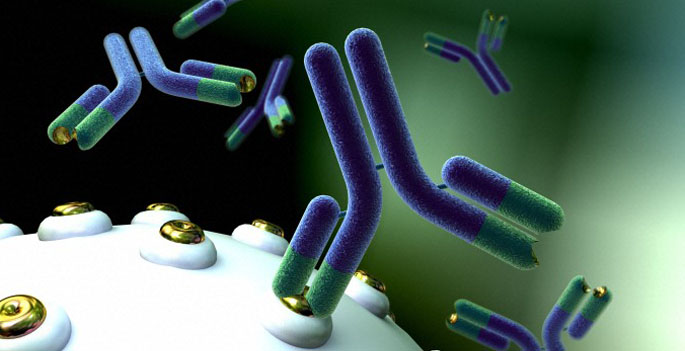
Dengue antibodies give vaccine leads
New information may help speed development of a vaccine or treatment for dengue fever. Read MoreApr 27, 2012
-

Cost study shows timing crucial in appendectomies
Removing a child’s ruptured appendix sooner rather than later significantly lowers hospital costs and charges, according to a recently published study. Read MoreApr 26, 2012
-

New drug mutes more melanomas
An experimental melanoma drug may be beneficial for patients not eligible for targeted therapies. Read MoreApr 26, 2012
-
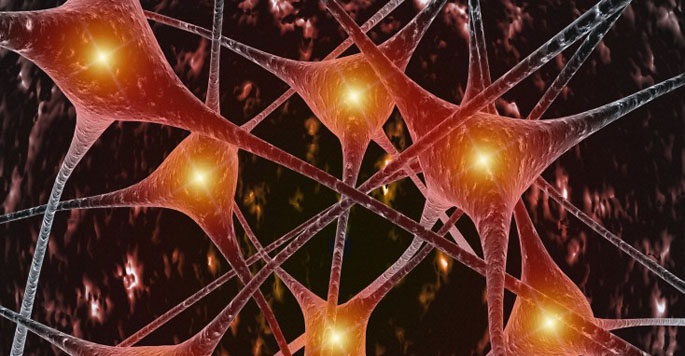
Neuronal clues to cholesterol-defect disorder
Antioxidants may be a beneficial treatment for an inherited genetic disorder. Read MoreApr 20, 2012
-

MRSA in pregnancy may be less dangerous than previously thought
Vanderbilt pediatric infectious disease researchers studying antibiotic-resistant staph say fears that mothers carrying the germ may set their newborns up for infection are unfounded. Read MoreApr 19, 2012
-

Academic Minute: The neurology of alcohol addiction
In this Academic Minute podcast, Danny Winder, associate professor of molecular physiology and biophysics, explains why the effects of alcohol can vary widely among individuals. Read MoreApr 17, 2012
-

Vanderbilt to study deep brain stimulation as treatment for depression
Vanderbilt University Medical Center is one of approximately 20 centers in a nationwide clinical study investigating the use of deep brain stimulation (DBS) as an intervention for patients with major depression. Read MoreApr 17, 2012
-

Pathways to delirium in the ICU
Study suggests that the “kynurenine” biochemical pathway could be a target for reducing delirium and coma in critically ill patients. Read MoreApr 17, 2012
-

Study examines sleep apnea’s role in lung diseases
Vanderbilt’s idiopathic pulmonary fibrosis research group is embarking on a study to determine the prevalence of sleep apnea in people with other interstitial lung diseases. Read MoreApr 13, 2012
-

Researchers spot Achilles’ heel in respiratory virus
A new viral protein structure could jump-start vaccine development for two leading causes of lower respiratory disease in children and elderly adults. Read MoreApr 13, 2012
-

Wilms’ tumors differ in developing nations
In addition to limited health care resources, biological factors may play a role in the poor survival of children with a common kidney cancer in developing nations. Read MoreApr 13, 2012
-
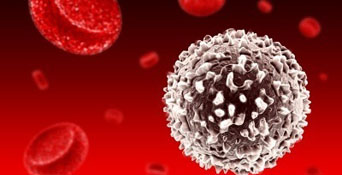
Targeting post-transplant diabetes
Targeting diabetes that develops after a stem cell transplant may help moderate graft-vs.-host disease, an adverse effect of the procedure, and improve outcomes. Read MoreApr 12, 2012
-

Vanderbilt research finds immune cells fan flames of obesity-related inflammation
Researchers at Vanderbilt University have discovered that an unusual set of immune cells, called invariant natural killer T cells, can exacerbate obesity-related inflammation. Read MoreApr 10, 2012
-

Minds wide open: Neuroscience at Vanderbilt
Vanderbilt University has emerged as one of the nation’s leading academic centers in neuroscience. Read MoreApr 6, 2012
-
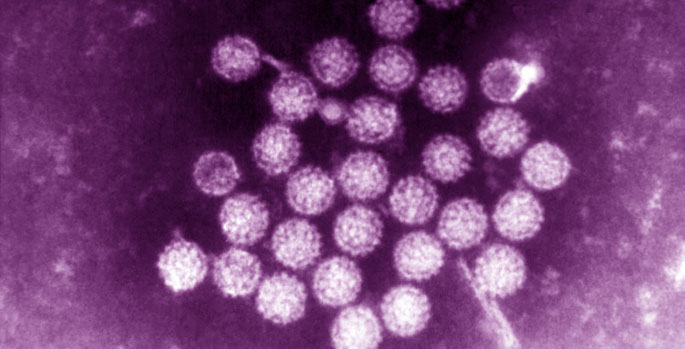
Factor sensitizes cancer to radiation
Measuring levels of an enzyme in head and neck tumors may indicate how the tumor will respond to radiation therapy. Read MoreApr 6, 2012
-
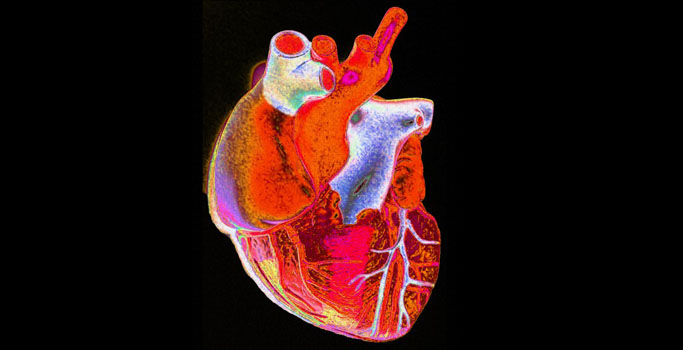
New tool hooks heart failure drugs
A new screening tool – using glowing fish embryos – could identify therapeutics for myocardial hypertrophy and heart failure. Read MoreApr 6, 2012
-

Plant compound quells inflammation
Berberine, an herbal remedy for diarrhea and intestinal parasites, may be an effective treatment for gastrointestinal inflammatory diseases. Read MoreApr 6, 2012
-

Gut germs govern growth
Treating H. pylori infection in children may help their growth rebound, a recent study suggests. Read MoreApr 6, 2012